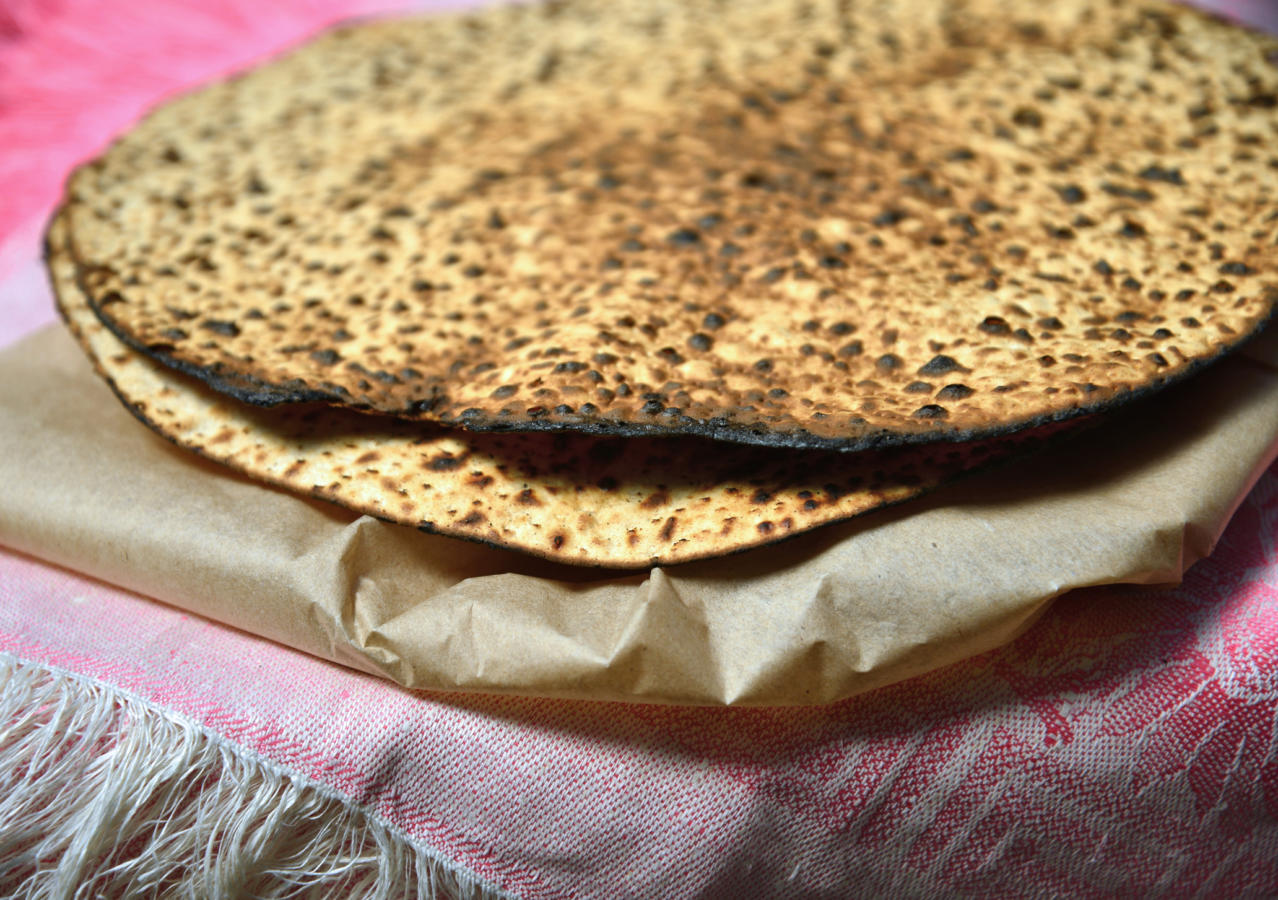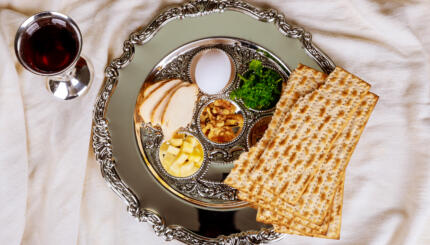With apologies to Yom Kippur, there is a strong case to be made that Passover is the most significant Jewish holiday. Passover commemorates the Exodus of the Israelites from slavery in Egypt, the foundational event in Jewish history. Without the Exodus, the Israelites never would have received the Torah — and there would be no Jewish people.
In the Torah’s mythic telling of the history of the Jewish people, God made an extraordinary promise to Abraham: His offspring would be more numerous than the stars, find a home in the land of Israel and they would be a blessing to all families of the earth. But when that little family finally grew into a sizable nation, they weren’t living a blessed life in the promised land — they were enslaved by the Egyptians. For 430 years, the Israelites served the Pharaohs of Egypt instead of their own God. For 430 years, they were not blessed. For 430 years, the Israelites were unable to even set eyes on their homeland, much less live there.
To fulfill the divine promise, the Israelites had to be redeemed from slavery. As soon as they were free, they journeyed to Mount Sinai where God renewed the covenant with the people and gave them the Torah. From there, they made their way to the land of Israel. Without the Exodus, there would have been no Jews. It was the moment the nation was born — their Independence Day.
The Torah instructs the Israelites not to forget God’s miraculous deliverance from bondage. Many times, the Israelites are instructed both to remember the Exodus from Egypt and pass on that memory by teaching it to their children. Remember and tell. Reading the account of the Exodus every year in synagogue is not adequate, it must be reenacted and ritually commemorated. This too is a dictate of the Torah. Long ago, the primary vehicle for remembering the Exodus was the springtime sacrifice of the paschal lamb, a ritual that since has been replaced with the Passover seder. Both rituals have proven powerful ways of preserving the communal memory. There are few myths in human history that have been better preserved and embodied.
With your help, My Jewish Learning can provide endless opportunities for learning, connection and discovery.
As historian Yosef Hayim Yerushalmi explained, Judaism survives and thrives because of its attention not to history, but to memory. The Passover seder isn’t just about recounting what happened at the Exodus, it’s about Jews casting themselves in the role and feeling that we too have gone forth from Egypt. It’s not just about recounting the bare facts, but about seeing the saga with new eyes each time. It’s about inviting the story of the Exodus to shape us as Jews and as human beings so that we do not willfully blind ourselves to the horrors of oppression — either our own or that of others — nor despair of the possibility of true redemption. In every generation, the constant rehearsal of this fundamental myth, of this foundational moment in Jewish history, is what makes Jews who they are. Passover is what accomplishes this. In the words of Yerushalmi, it makes the past present.
Passover isn’t the only vehicle for remembering the Exodus. The rabbis taught their followers to recall the Exodus daily in the liturgy. Every time a Jew recites the Shema and its blessings (traditionally, both morning and night) they are rehearsing the Exodus. The Exodus is embedded in the Shabbat Kiddush. Tefillin, too, worn for prayer on weekdays, are also a reminder of the Exodus. These constant ritual reminders are an important part of the Jewish apparatus to preserve the communal memory of the Exodus, but Passover is unique among them because it is the moment Jews are called upon not just to remember the Exodus but to dwell on it, to actively teach it to their children, to cast themselves in the role of liberated slave.
Famously, when the Dalai Lama realized that the exile of his people would extend past a single generation, he invited those he saw as the world’s experts on maintaining identity in exile — Jews — to help. What did the Jewish delegation offer as the best method? Passover. This delegation understood what Jews have instinctively known for millennia — that Passover is an essential ingredient to Jewish identity and a key to Jewish survival.



